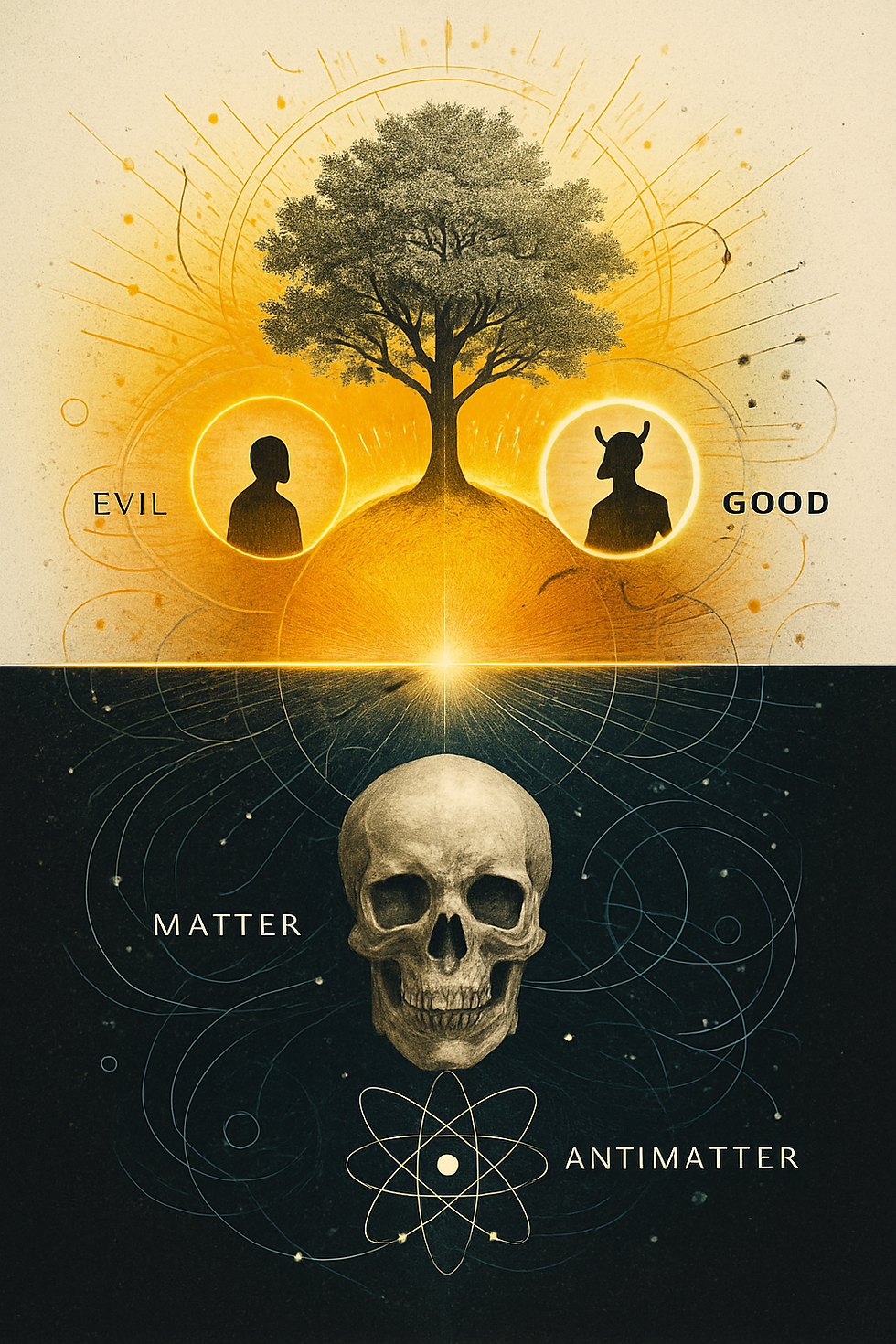On Nostalgia
- rabie soubra
- Sep 23, 2025
- 2 min read
When a nation clings too tightly to its past, it’s not pride, it’s paralysis.
Nostalgia, in this context, is a symptom.
A signal.
A quiet confession that the road ahead is blank, or irrelevant.
A country or a nation obsessed with its former glory usually is mourning its inability to imagine the future, instead of preparing to shape it.
Monuments become mirrors.
National days become reenactments.
Policy becomes performance, dressed in the costume of remembrance.
Nostalgia is seductive.
It offers comfort, identity, structure. It asks nothing of us but memory.
There’s no risk in nostalgia.
No uncertainty.
Just a golden echo of how things used to be, or how we’ve chosen to remember them.
But that safety comes at a cost.
The cost of ambition.
The cost of imagination.
The cost of stepping into a future not yet written.
A society that venerates the past too deeply starts to mistake it for a roadmap.
Innovation becomes deviation.
Change becomes betrayal.
Every bold idea is met with “this isn’t how we used to do things,” as if history has a monopoly on wisdom.
And sometimes, nostalgia is weaponized. Authoritarian regimes love the past, because it doesn’t talk back.
A glorious past is easier to control than a messy present.
It's easier to sell than a risky future.
So they feed the public myth after myth, until belief becomes sedative and history becomes handcuffs.
But the truly dangerous part is this: nostalgia can feel like momentum.
A people unified by remembrance, fired up by what they once were, might feel as if they’re moving, when in truth, they’re circling.
Yes, there’s value in history.
There’s dignity in remembering.
But when nostalgia replaces imagination, the result is decorative.
Because imagination is the currency of future-making.
It’s infrastructure.
It’s how roads get paved, cities get planned, schools get built, systems get reformed.
The future doesn’t sprout from memory. It sprouts from vision.
A country that forgets how to imagine ceases to become.
It settles for having been.
And eventually, its greatest export becomes stories, instead of ideas, or inventions, or even change.
The future doesn’t need a passport stamped in the past.
It doesn’t need archeologists.
It needs architects.






Comments